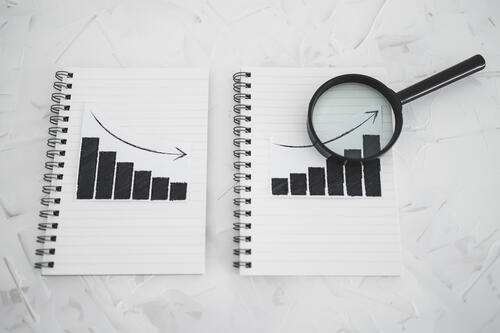Most of my emotional reactions are short-lived and useless. Irritation at forgetting a password; joy at finding the thing I was looking for; dismay at reading the news. It’s rare for an emotional response to become professionally useful.
But one got me last week. I left the gym, sat outside on a bench, and while letting my feeble frame recover, got out my phone to read ‘A new lease of life: Three steps to success for the NHS’ from the Social Market Foundation.
Phone-based reading means accelerated skimming, and yet this line brought me to a hard stop:
“…personal contact was a vital element in general practice from the beginning. By 1959 50% of people in England regarded their GP as a personal friend.”
What was your reaction to that statistic? Your first - emotional - reaction?
I laughed. In 2024 the basic notion that ‘personal friend’ would even be a frame of reference struck me as ridiculous. And if we do think of our GPs as friends, then it’s about time we got the message. They stopped answering our calls a long time ago.
But this isn’t funny. My reaction had been laughter in the dark. And by now everyone has a story about the difficulty of seeing their GP. Just that week, my mum had been telling a tragi-comic tale of the logistical contortions required to keep going with her own, as yet inconclusive and anxiety-provoking, tests and investigations.
That led me to nostalgia. My mum used to know her GP; I also remembered him (and his kids) from my childhood. Back in 1980s Chesterfield it would have seemed strange if mum had invited the GP round for tea, but they knew a fair bit about each other’s lives. And he would pop round if something was really wrong.
Nostalgia bled into confusion. How did we get here? The UK of 2024 is far richer than the UK of the 1980s, let alone 1959. With more resources, more technology and more possibility, how have we managed to make something as vital as primary care seem more distant? What choices led us to this position? Do we simply not value primary care enough? If not, why not?
Our partners Ipsos run the GP Patient Survey. To save bewilderment, they don’t ask whether people see their GP as a ‘personal friend’; but they do ask about access and experience. Recent results tell a tale of decline. My confusion gained some anger.
In some sense, policy must respond to people’s emotional reactions, since these guide the relationships we want with primary care, and the expectations we have of it. Some of us might wish for a closer relationship with our GP; others might just want the reassurance of knowing a relationship is there if we want it; the Patient Survey suggests that others have given up entirely.
Emotional reactions might have some use, but they are insufficient. Policy must be guided by a clear and cool analysis of how we have got here, and how things might improve. Nostalgia, confusion and bleak laughter all have their place – but they are perhaps most useful as fuel for determined curiosity we need to help these vital services.
And so I'm delighted that the Strategy Unit has made a contribution to this topic. In a debate dominated by finger-pointing, inane headlines and angry accusations, my (perhaps naive) hope is that our analysis can help guide policy - and maybe then usher us towards friendlier relationships between people and their GP.




